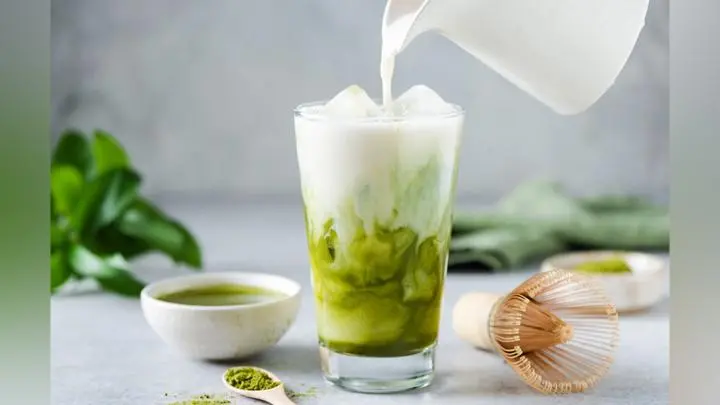
TEMPO.CO, Jakarta - The green tea drink matcha is known for its rich antioxidants and is currently popular for its health benefits. However, there have been concerns recently that consuming matcha may lead to hair loss. Is that true?
According to experts, matcha is not a direct cause of hair loss. However, its contents may affect iron absorption in the body, which could potentially trigger hair loss in some individuals.
Heather Viola, a primary care physician at Mount Sinai in the United States, explains that non-heme iron (plant-based iron) can bind with the tannins in matcha, making it difficult for the body to absorb this essential nutrient. "And when there’s an iron deficiency, it can cause you to shed hair," Viola said, as reported by Vogue.
Stephanie Schiff, a nutritionist from Northwell Huntington Hospital, adds that the tannins in matcha have beneficial antioxidant properties, but in large amounts, they can inhibit iron absorption. "If you find that you’re losing hair after increasing your intake of matcha, it might not be the tea itself, but the tannins in the tea," she stated.
Caffeine can also play a role. Matcha contains up to 80 milligrams of caffeine per serving, higher than that of regular green tea. "Very large caffeine intakes can raise stress hormones, which, in some people, can trigger temporary shedding," nutritionist Amy Shapiro told The New York Post.
Tips for Consuming Matcha
However, this doesn't mean you should stop drinking matcha. Experts advise on timing consumption to avoid interfering with iron absorption. Schiff suggests not drinking matcha before, shortly after, or at the same time as consuming plant-based iron-rich foods such as spinach, tofu, or white beans. "Pairing plant-based iron foods with vitamin C–rich options, like citrus, bell peppers, strawberries and brussels sprouts," Shapiro added.
On the other hand, Hadley King, a certified dermatologist in New York, sees matcha as beneficial for hair health due to its antioxidant content and anti-inflammatory properties. "For those reasons, she says matcha is usually viewed as being beneficial for hair health," she stated.
However, excessive consumption is still not recommended. Viola warns that too much matcha can lead to caffeine side effects such as insomnia, anxiety, headaches, and stomach disturbances. In some cases, matcha may also contain lead or interact with certain medications.
She mentioned that the safe consumption limit for matcha is 2 to 3 grams per day, or equivalent to two to three cups. "If you’re experiencing insomnia, jitteriness, headaches, acid reflux, and other downsides, you may want to rethink that matcha latte," Viola said.
In conclusion, as long as matcha is consumed in moderation and as part of a balanced diet, it is not a direct cause of hair loss. "Overall, if you’re healthy and moderate your intake, matcha can absolutely be part of a daily wellness routine," Viola said. The key is to listen to the body's signals and monitor iron levels.
Nur Nadiah Islamiyah contributed to this article
